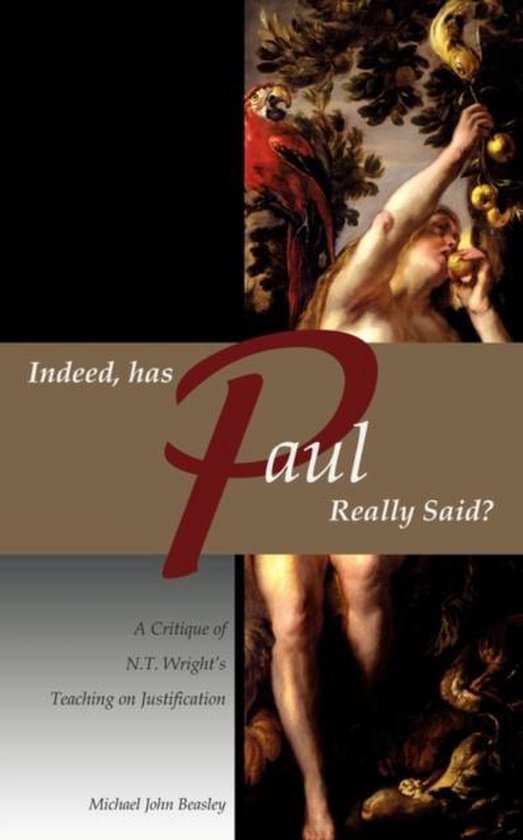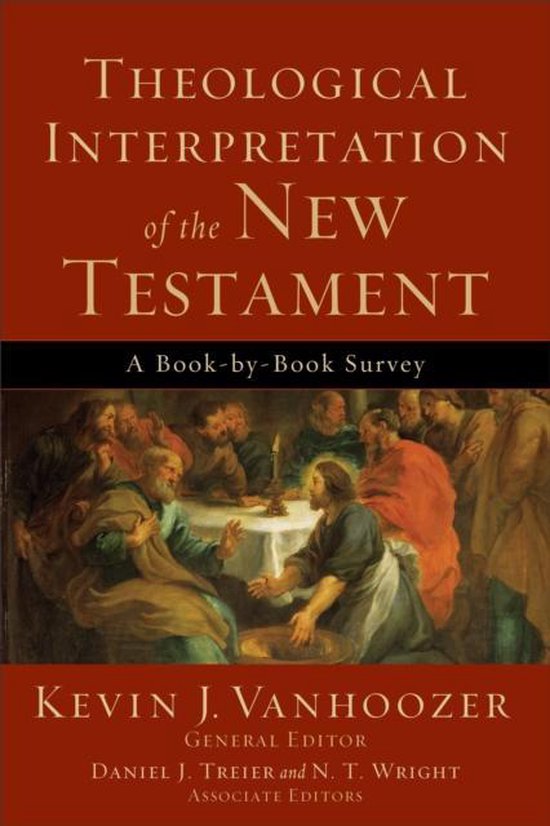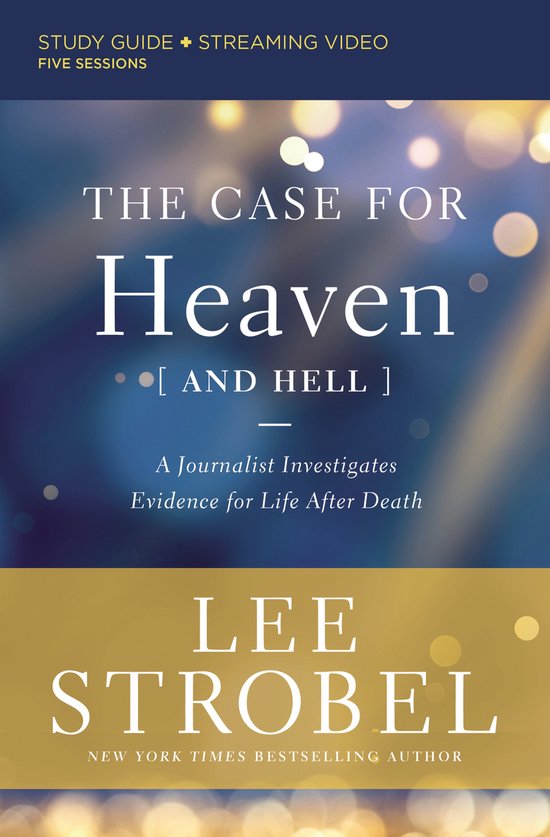
Indeed, has Paul Really Said? - A Critique of N.T. Wright's Teaching on Justification
It was Martin Luther who said that the doctrine of justification by faith is "the doctrine by which the church stands or falls." In reflection of this reality, Indeed, has Paul Really Said? is set forth as a modern-day defense of the crucial doctrine of justification against those who seek to undermine it by means of the theological innovations of men like N. T. Wright. In particular, Indeed, has Paul Really Said? is a directed critique of Wright's own work: What Saint Paul Really Said (Eerdmans Publishing, 1997). But rather than perusing every nuance of Wright's position, this book simplifies matters by revealing the Achilles' Heel of Wright's teaching regarding the expression - the righteousness of God - through four comprehensible and reproducible evaluations regarding: 1. A Lexical Analysis of the terms - righteousness, justification, and the expression - the righteousness of God; 2. The forensic judicial] connotation of these terms; 3. The relevance of Paul's background as a Pharisee; and 4. The manner in which justification is revealed within the whole counsel of God's Word. The appendix contains five critical responses from N.T. Wright, including his statement of having "significantly" influenced John Piper's work, The Future of Justification, before it was published. From beginning to end, Indeed, has Paul Really Said? clearly reveals that the doctrine of Justification requires the strongest possible defense that can be afforded by those who seek to herald the Gospel of Jesus Christ. Anything less than this will prove to be a great danger to the church. This is true for our generation, just as it has been in every generation. Copyright Year: (c) 2008
| Auteur | | Michael John Beasley |
| Taal | | Engels |
| Type | | Paperback |
| Categorie | | Religie, Spiritualiteit & Filosofie |





